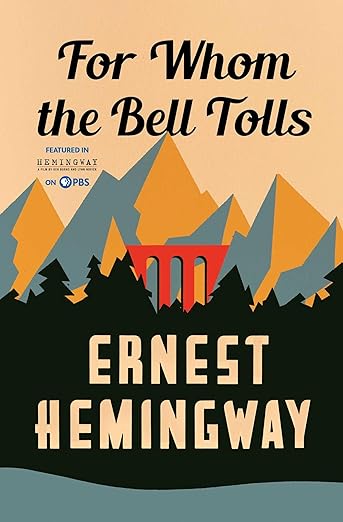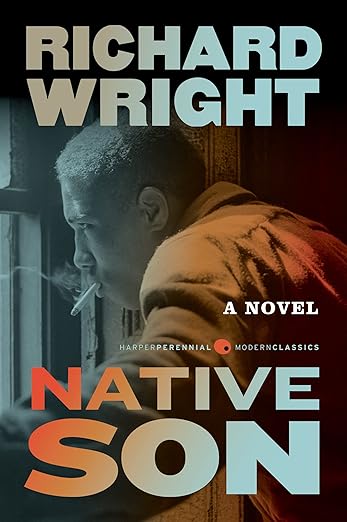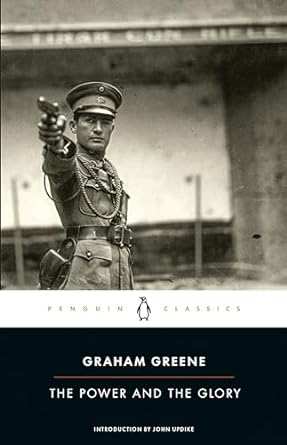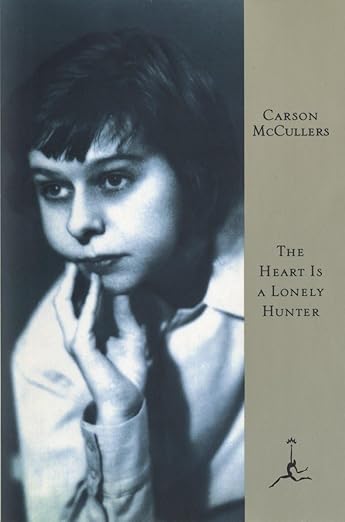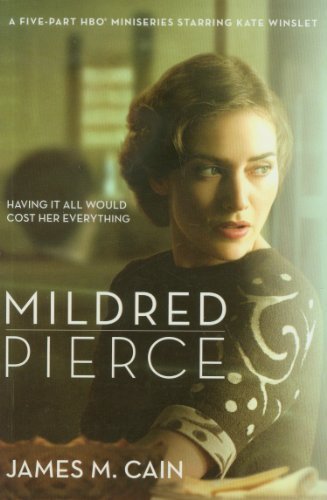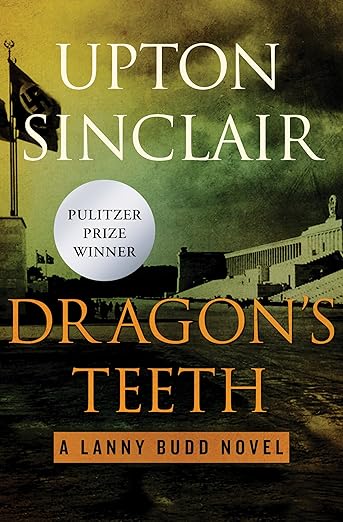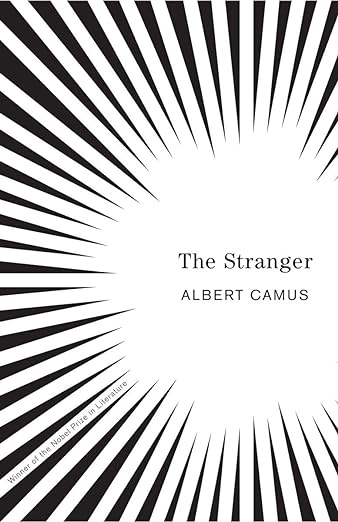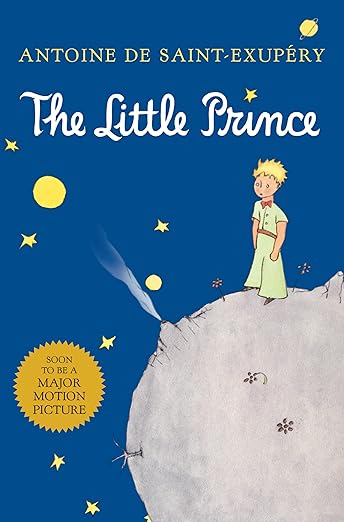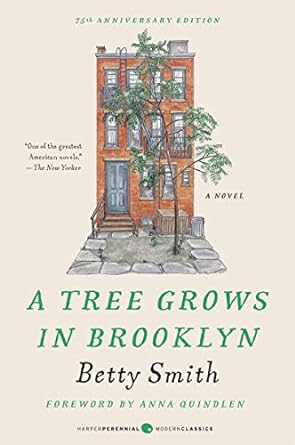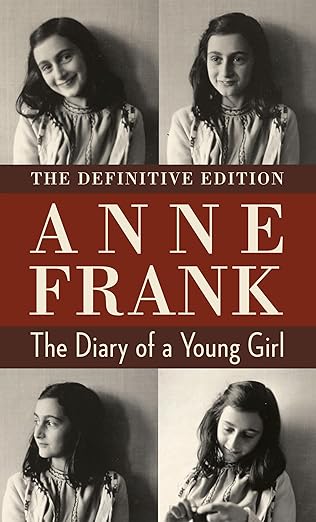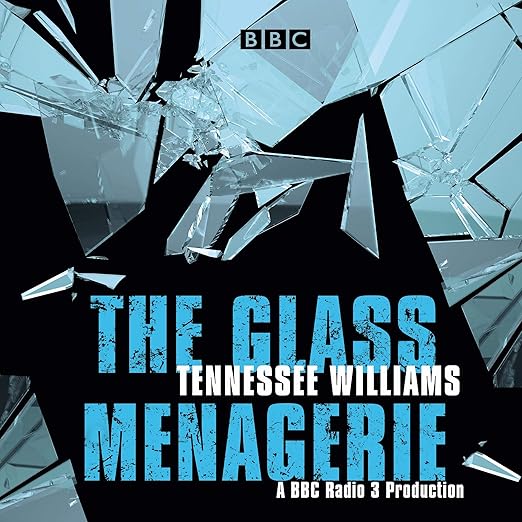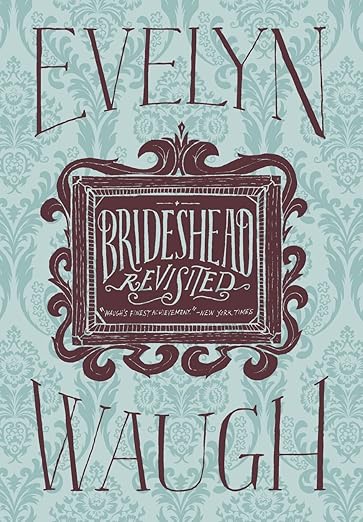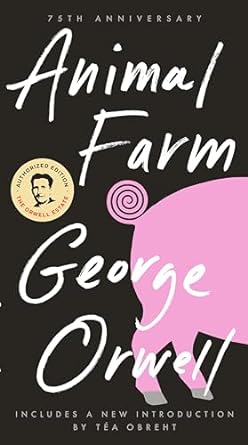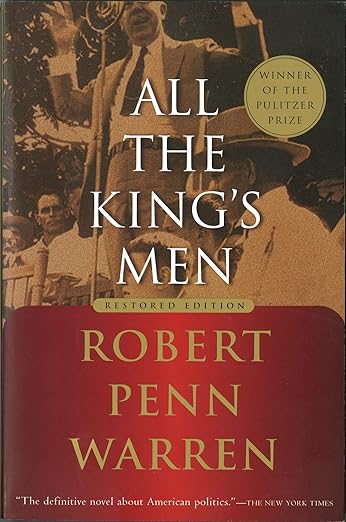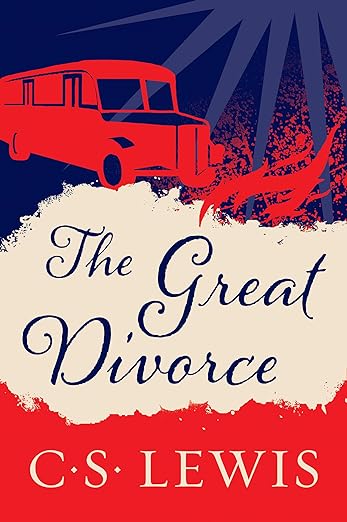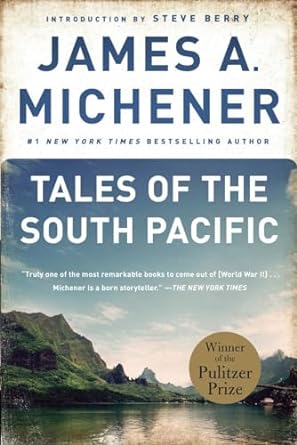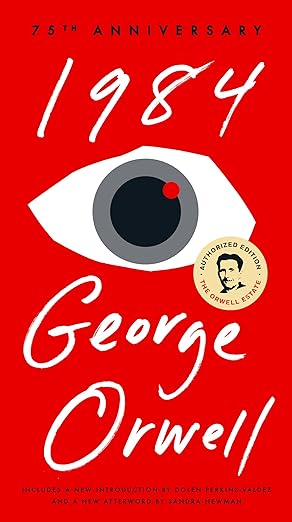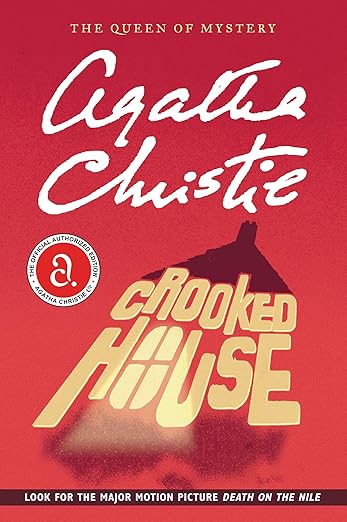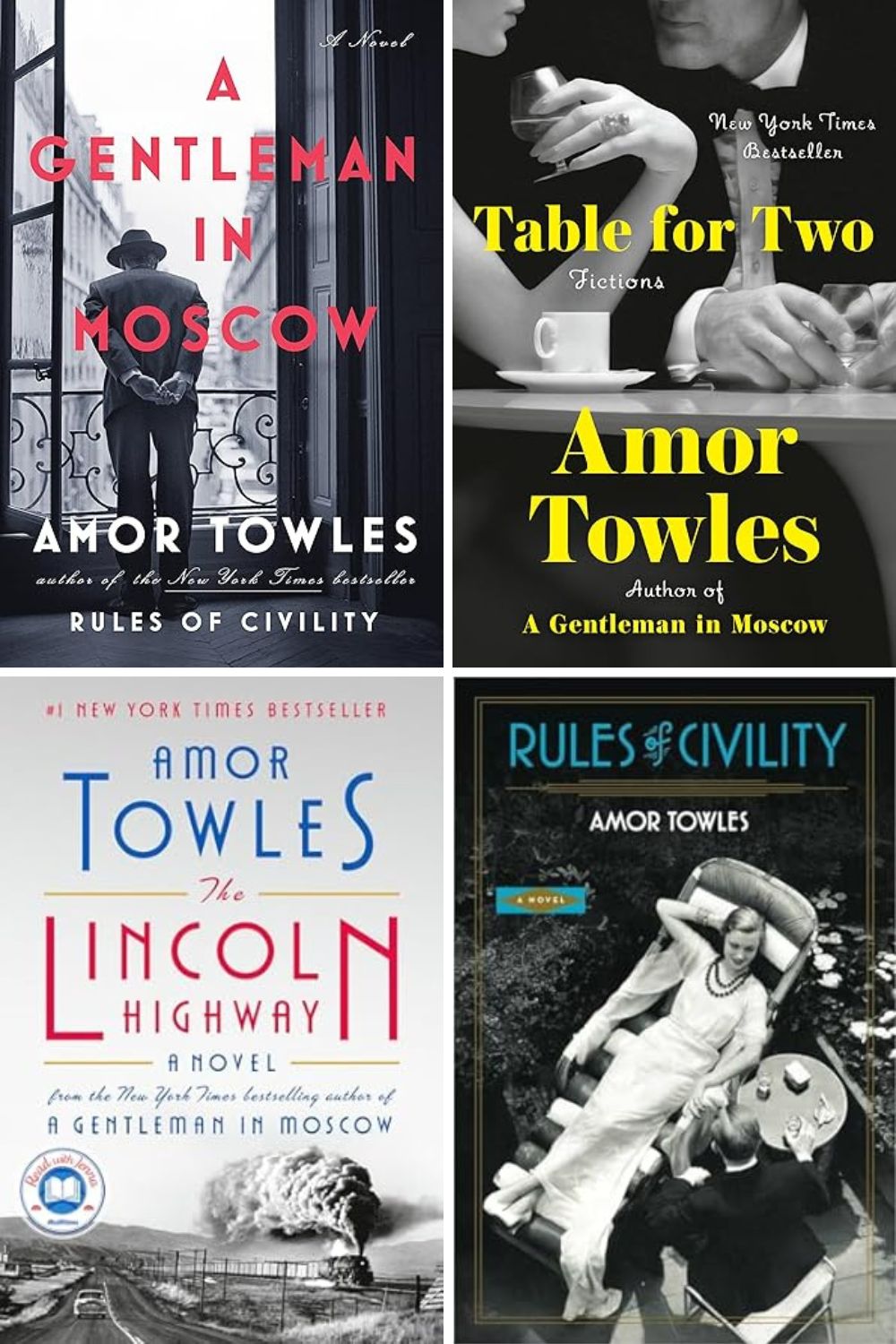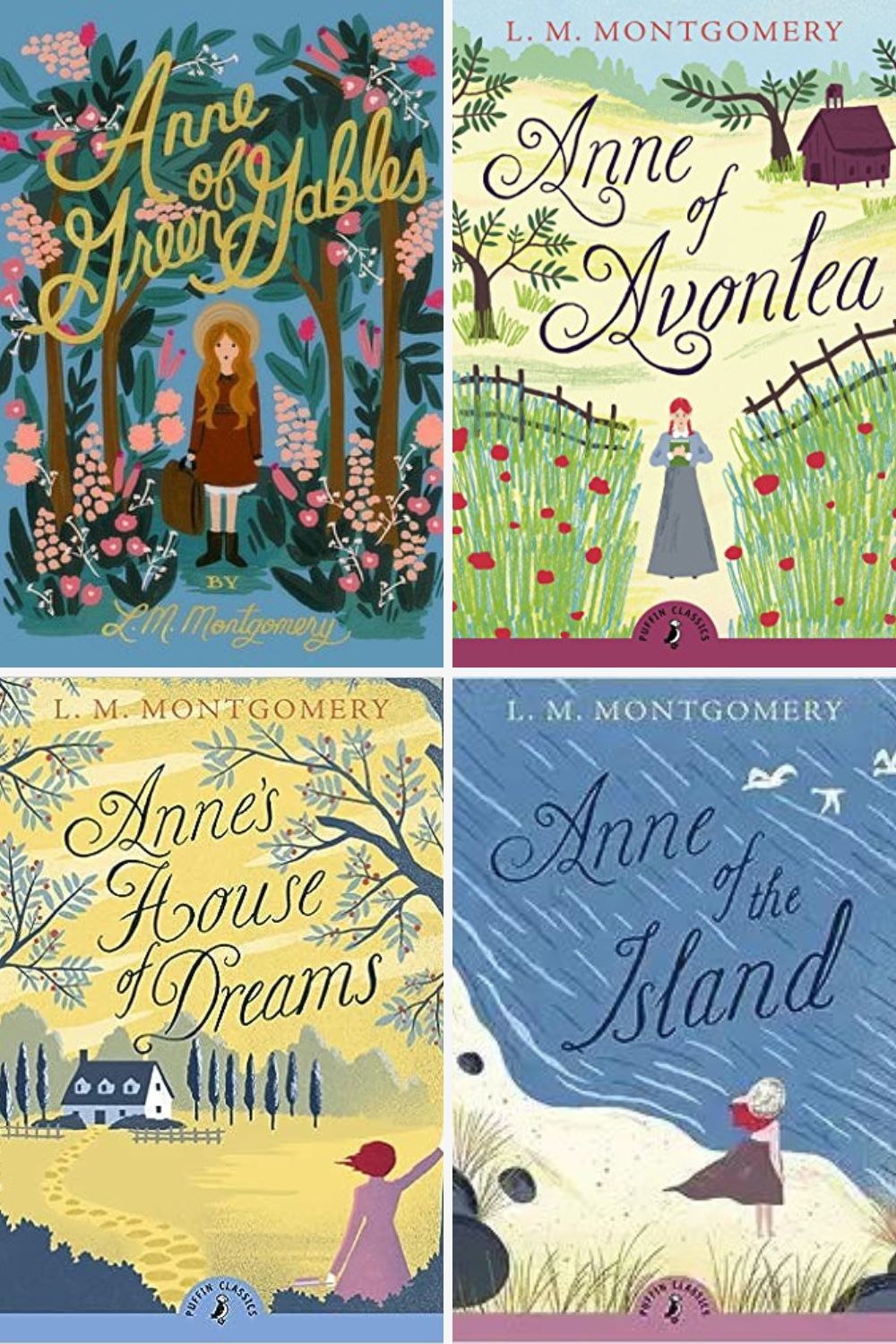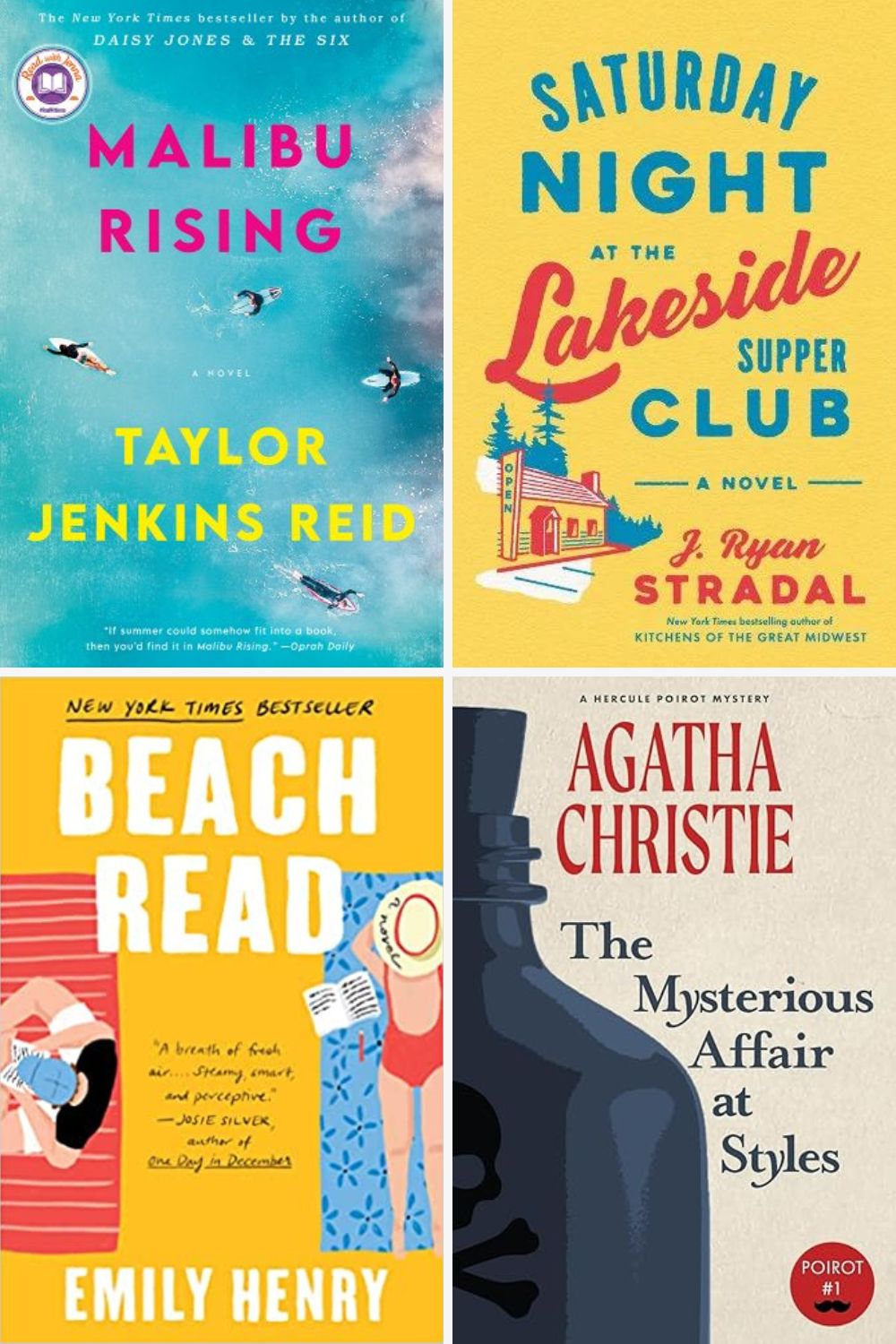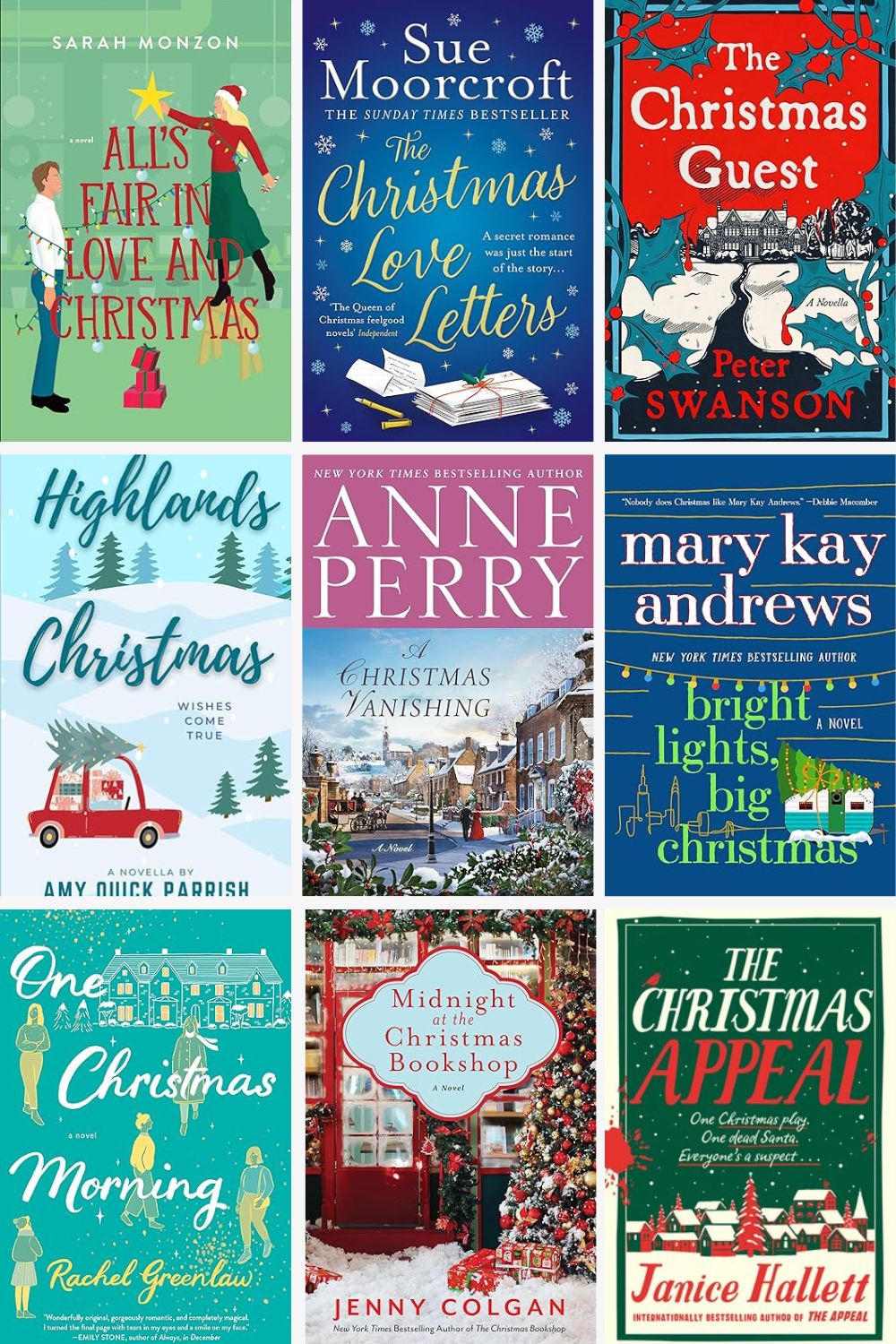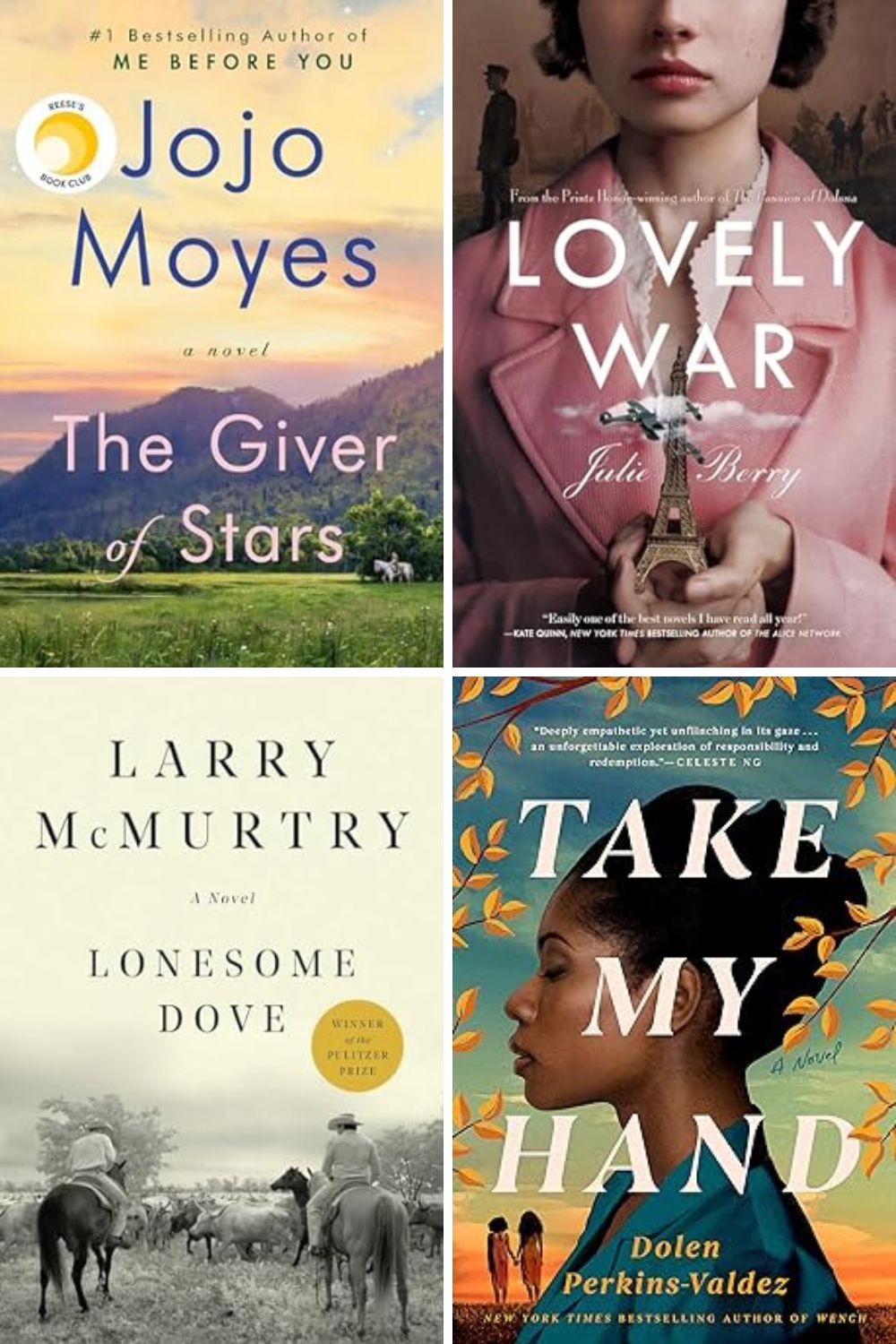This post may contain affiliate links, which means I’ll receive a commission if you purchase through my link, at no extra cost to you. Please read full disclosure here.
Mount Rushmore was finished, the Japanese attacked Pearl Harbor, FDR ran for a third term, the Allied forces invaded the beaches of Normandy, bikinis made their debut on a French beach, Harry Truman was elected president, the first computer was built, and these are the books they were reading in the 1940s.
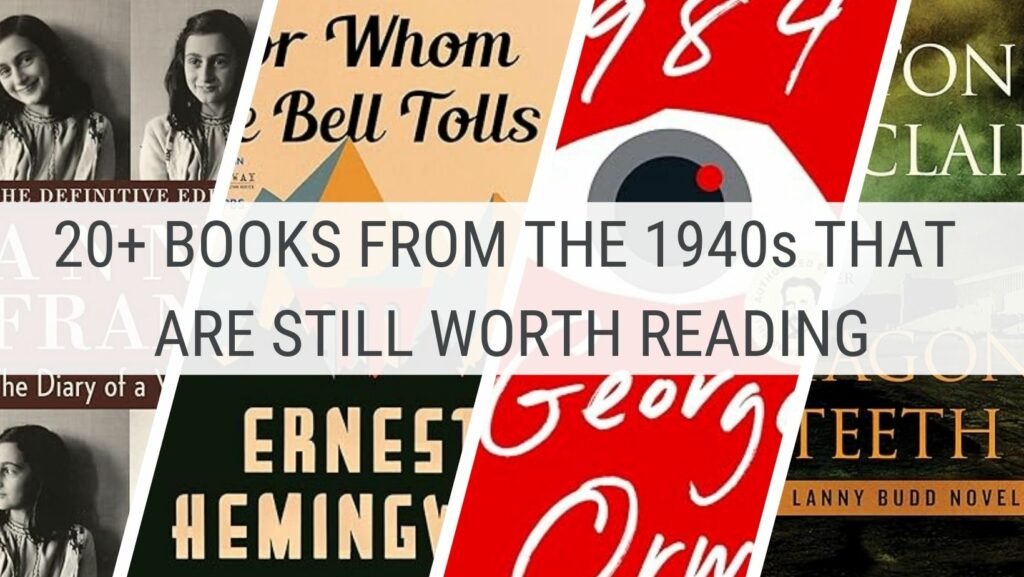
The 1940s was a tumultuous decade for the United States and the world as it faced the Second World War on two fronts in the first half of the decade, but that didn’t stop authors from publishing many books that we would call classics today.
When choosing books for this list of 1940s books, I didn’t include just any book published that decade. I specifically wanted to include the best books from that decade that are still popular today — in other words, the books that have stood the test of time. I either chose books I’ve read and loved or that other modern readers still read today and love.
One of the most interesting things about this list is that we start to get historical fiction novels about the Nazis and World War II while the war was still raging or just years after the war was over. This list also includes one of my all-time favorite books.
If you are looking for books from the 1940s that readers still love today, this list is for you.
One of the reasons I put together this list is for those who have joined the Reading Through the Decades Reading Challenge (I love this challenge!). If you haven’t picked this up yet, grab it below.
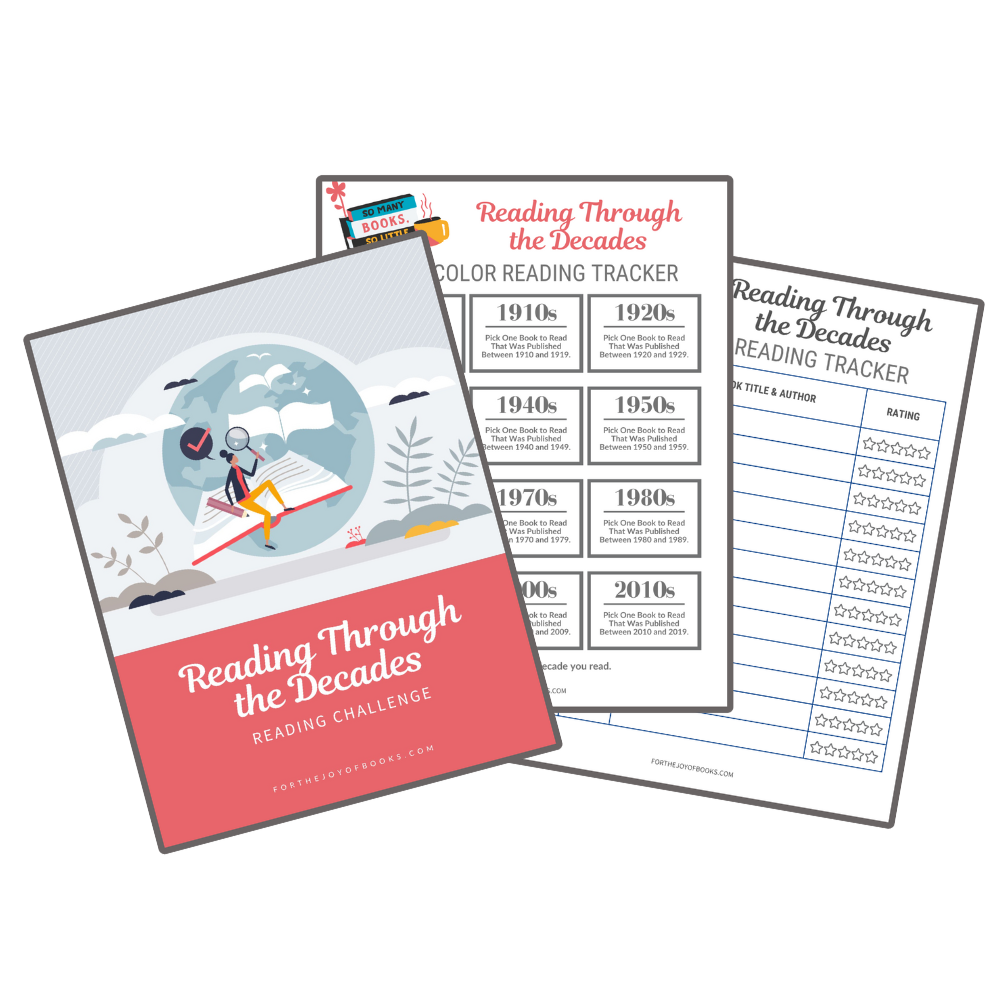
Free Download
Join the Reading Through the Decades Reading Challenge!
Books From the 1940s That Readers Still Love
For Whom the Bell Tolls by Ernest Hemingway (1940)
This great book tells the story of Robert Jordan during the Spanish Civil War. Jordan is on a dangerous mission to blow up a bridge. As Jordan works with a band of anti-fascist guerrillas, he falls in love with a young woman named Maria, adding a tender human element to the harsh realities of war. Through it all, Hemingway explores themes of duty, sacrifice, and the complex nature of humanity in times of conflict. For Whom the Bell Tolls was a New York Times bestseller in 1940.
- Length: 216 pages
- Genre: Historical Fiction
- Publication Year: 1940
Native Son by Richard Wright (1940)
Native Son follows Bigger Thomas, a young Black man in 1930s Chicago, whose life takes a tragic turn after a series of fateful decisions and accidents. As Bigger grapples with the consequences of his actions, the story exposes racial injustice, poverty, and systemic oppression in America. Through Bigger’s experiences, Wright delivers a searing critique of society and forces readers to confront uncomfortable truths about race relations and social inequality.
- Length: 544 pages
- Genre: Coming of Age / Literary Fiction
- Publication Year: 1940
The Power and the Glory by Graham Greene (1940)
Set in Mexico during a time of religious persecution, the novel follows an unnamed “whisky priest” who’s trying to evade capture while grappling with his own moral failings. As he travels through dangerous territory, performing his priestly duties and battling his personal demons, he encounters various characters that challenge his faith and purpose. Greene weaves a compelling tale of redemption, duty, and the complex nature of faith, all while exploring the blurred lines between sainthood and sin.
- Length: 240 pages
- Genre: War Fiction
- Publication Year: 1940
The Heart Is a Lonely Hunter by Carson McCullers (1940)
This book is set in a small Georgia town during the 1930s and tells the story of John Singer, a deaf-mute man who becomes a confidant for four very different, lonely individuals. As these characters share their hopes, fears, and dreams with Singer, McCullers paints a poignant picture of isolation, connection, and the human need for understanding. Through their intertwining stories, the book explores themes of loneliness, social injustice, and the struggle for self-expression in a world that often seems indifferent. (Don’t be deceived by the name Carson. Carson McCullers is a woman.)
- Length: 448 pages
- Genre: Historical Fiction
- Publication Year: 1940
Mildred Pierce by James M. Cain (1941)
Set in Depression-era California, this book follows the ambitious Mildred Pierce as she builds a successful restaurant empire from scratch after her marriage falls apart. While Mildred’s professional life soars, her personal life is a whirlwind of drama, especially when it comes to her complicated relationship with her narcissistic daughter Veda. The story takes some dark turns as Mildred’s determination to win Veda’s approval leads her into a web of deceit, manipulation, and even murder. The book explores themes such as ambition, mother-daughter relationships, and the American Dream gone awry. Mildred Pierce was made into a TV series starring Kate Winslett in 2011.
- Length: 304 pages
- Genre: Mystery / Thriller
- Publication Year: 1941
Dragon’s Teeth by Upton Sinclair (1942)
Modern historical fiction books about the rise of the Nazis tend to be very popular. What makes this book especially interesting is that it was written while World War II was still raging on. It was also the winner of the Pulitzer Prize in 1943. This book chronicles the rise of Nazism in Germany and its impact on European and American society. The story follows Lanny Budd, an art dealer with political connections, who becomes entangled in the dangerous world of international politics as he witnesses Hitler’s ascent to power and the oppression of Jewish people. Through Budd’s experiences, Sinclair explores themes of fascism, war, and the moral obligations of individuals in the face of tyranny.
- Length: 836 pages
- Genre: Historical Fiction
- Publication Year: 1942
The Stranger by Albert Camus (1942)
The Stranger tells the story of Meursault, an emotionally detached French Algerian who finds himself on trial for murder after a series of seemingly random events. Through Meursault’s indifference to his mother’s death, his casual relationship with Marie, and his inexplicable act of violence, Camus explores themes of absurdism, alienation, and the meaninglessness of life. As Meursault faces his impending execution, the novel challenges readers to confront uncomfortable truths about society, morality, and the human condition.
- Length: 123 pages
- Genre: French Literature
- Publication Year: 1942
The Little Prince by Antoine de Saint-Exupéry (1943)
This sweet book follows a young prince who travels from planet to planet, meeting unique characters and learning about love, loss, and the peculiarities of grown-ups. Along the way, he befriends a stranded pilot in the Sahara desert, sharing his adventures and profound insights about life and human nature. Through its simple yet profound storytelling, the book reminds us of the importance of seeing beyond the surface, the value of human connections imagination, and the nature of love and loss. This is one of the most-translated books, just after the Bible, according to TranslateDay.
- Length: 96 pages
- Genre: Children’s Literature
- Publication Year: 1943
A Tree Grows in Brooklyn by Betty Smith (1943)
There are so many people who tell me this is one of their favorite books of all time. This is a coming-of-age story that follows Francie Nolan, a young girl growing up in early 20th-century Brooklyn, as she navigates poverty, family struggles, and her own dreams of a better life. Through Francie’s eyes, we see the beauty and hardship of immigrant life in New York, with a cast of vivid characters including her hardworking mother, charismatic but troubled father, and the resilient community around them. The tree of the title, which stubbornly grows through concrete, serves as a powerful metaphor for Francie’s own determination to thrive despite challenging circumstances.
- Length: 493 pages
- Genre: Historical Fiction
- Publication Year: 1943
The Diary of Anne Frank (1944)
This famous book is the real-life diary of Anne Frank, a Jewish girl hiding from the Nazis in Amsterdam during World War II. Anne’s diary entries, written between 1942 and 1944, provide a vivid, often surprisingly humorous account of life in the “Secret Annex” where she and seven others lived in cramped quarters, always fearing discovery. Through her writing, we see Anne grow from a lively, curious 13-year-old into a thoughtful young woman, sharing her hopes, fears, and observations about human nature and the world around her. Tragically, the diary ends abruptly when the group is discovered, but Anne’s words live on as a testament to the human spirit and a poignant reminder of the Holocaust’s impact on individual lives.
- Length: 400 pages
- Genre: Holocaust History
- Publication Year: 1944
The Glass Menagerie by Tennessee Williams (1944)
This memory play first premiered in 1944. It centers around the Wingfield family: Tom, the narrator and reluctant breadwinner; Amanda, his overbearing mother living in the past; and Laura, his shy sister with a slight physical disability. The story unfolds as Amanda pressures Tom to find a “gentleman caller” for Laura, hoping to secure her daughter’s future. Their lives take an emotional turn when Jim, an old high school acquaintance of Laura’s, comes to dinner, briefly igniting hope before shattering it like Laura’s beloved glass animals. Through lyrical dialogue and haunting symbolism, Williams explores themes of escape, illusion versus reality, and the fragility of dreams. My recommendation for plays is to try to find an audio version. (See the link below.)
- Length: 1 hour 43 minutes
- Genre: Play
- Publication Year: 1944
Brideshead Revisited by Evelyn Waugh (1945)
This novel follows Charles Ryder, who becomes entangled with the wealthy and eccentric Flyte family when he befriends the charming Sebastian at Oxford. As Charles is drawn into their world, centered around the grand Brideshead estate, he navigates complex relationships, religious tensions, and the decline of the British aristocracy between the World Wars. The story explores themes of faith, love, and nostalgia, as Charles’s connection with Sebastian and later his sister Julia profoundly shapes his life. Waugh’s elegant prose paints a vivid picture of a vanishing era, making “Brideshead Revisited” a poignant reflection on memory, class, and the search for meaning in a changing world.
- Length: 416 pages
- Genre: Historical Fiction
- Publication Year: 1945
Animal Farm by George Orwell (1945)
This book is an allegory that tells the story of a group of farm animals who rebel against their human farmer, hoping to create a society where all animals are equal and free. Led by the pigs, they initially establish a seemingly utopian animal-run farm, but things gradually take a dark turn as the pigs become corrupted by power and start to behave more and more like the humans they once overthrew. Through the animals’ experiences, Orwell offers a biting critique of totalitarianism, showing how revolutionary ideals can be twisted and how power can corrupt even the noblest intentions. With its memorable characters and powerful message, “Animal Farm” serves as a timeless warning about the dangers of blind obedience and the importance of remaining vigilant against political manipulation.
- Length: 140 pages
- Genre: Political Allegory
- Publication Year: 1945
All the King’s Men by Robert Penn Warren (1946)
This is a political novel that tells the story of Willie Stark, a populist southern politician who rises from humble beginnings to become a powerful and corrupt governor. The novel is narrated by Jack Burden, Stark’s aide, whose personal journey of self-discovery and moral reckoning intertwines with Stark’s political ascent and downfall. As Stark’s idealism gives way to manipulation and compromise, the novel explores themes of power, corruption, and the complexity of human nature. Ultimately, it examines the consequences of political ambition and the impact of personal responsibility in the face of systemic corruption. This book won the Pulitzer prize in 1947. This book was made into a movie in 1949, which won an Academy Award for Best Picture in 1950. It was also made into a movie in 1999 and 2006.
- Length: 656 pages
- Genre: Political Fiction
- Publication Year: 1946
The Great Divorce by C. S. Lewis (1946)
Do you have any books you’ve read that years later you still think about? This book is one of those for me. If you read it, you have to tell me what you thin. This allegorical novel takes readers on a bus ride from a dreary “Grey Town” (resembling Hell) to the outskirts of Heaven, where the narrator observes various conversations between ghosts from the Grey Town and bright spirits who try to convince them to stay in Heaven. Through these encounters, Lewis explores deep theological and philosophical concepts, tackling issues like free will, the nature of good and evil, and the consequences of our choices in the afterlife. The title refers to the “divorce” between Heaven and Hell, suggesting that ultimately, one must choose between the two. The book challenges you to reconsider your understanding of salvation, redemption, and the true nature of happiness.
Other C. S. Lewis book published this decade:
- Mere Christianity (this book is also a must-read, in my opinion)
- The Screwtape Letters
- The Weight of Glory
- Length: 160 pages
- Genre: Christian Allegory
- Publication Year: 1946
Tales of the South Pacific by James A. Michener (1947)
This is another historical novel about World War II that was published just a couple of years after the war ended, but this one takes place in the Pacific theater. Tales of the South Pacific is a collection of interconnected stories that captures the lives of American servicemen and women stationed on various islands. The novel explores the challenges and relationships that develop in the midst of war, blending humor, romance, and tragedy as soldiers and civilians alike navigate their experiences in an exotic yet dangerous environment. Central themes include the cultural clash between Western and Pacific island traditions, the effects of war on individuals, and the fleeting nature of love and peace. Michener highlights the human side of war, making it both a historical and emotional narrative. This book won the Pulitzer prize in 1948.
- Length: 328 pages
- Genre: Dystopian Fiction
- Publication Year: 1947
1984 by George Orwell (1949)
This chilling dystopian novel is set in a totalitarian world where the government, led by the enigmatic Big Brother, controls every aspect of people’s lives, including their thoughts. We follow Winston Smith, a low-ranking party member who begins to question the oppressive regime and falls in love with Julia, an act of rebellion in itself. As Winston and Julia try to join a resistance movement, we see the terrifying extent of the government’s power and the consequences of free thinking in this tightly controlled society. Through Winston’s journey, Orwell paints a haunting picture of a world without privacy or individual freedom, warning readers about the dangers of totalitarianism and the manipulation of truth.
- Length: 328 pages
- Genre: Dystopian Fiction
- Publication Year: 1949
Crooked House by Agatha Christie (1949)
In Crooked House by Agatha Christie, the wealthy Leonides family is thrown into chaos when its patriarch, Aristide Leonides, is murdered. Charles Hayward, engaged to Aristide’s granddaughter Sophia, investigates the family’s secrets, uncovering hidden motives and twisted relationships. As suspicions shift between family members, the truth about the killer comes as a shocking twist. In true Christie fashion, the story keeps you guessing until the very end with its clever and suspenseful plot! There are other Agatha Christie books published this decade, but I decided to include this one because it is reportedly one of Christie’s personal favorites.
- Length: 256 pages
- Genre: Mystery
- Publication Year: 1949
The Bestselling Books from the 1940s
While I primarily highlight books from the 1940s that are still popular today, I also think it’s fun to see what books were the bestsellers from that decade. According to Publishers Weekly, these were bestselling books of each year in the 1940s:
- 1940: How Green Was My Valley by Richard Llewellyn (Winner of the National Book Award in 1941)
- 1941: The Keys of the Kingdom by A. J. Cronin
- 1942: The Song of Bernadette by Franz Werfel
- 1943: The Robe by Lloyd C. Douglas
- 1944: Strange Fruit by Lillian Smith
- 1945: Forever Amber by Kathleen Winsor
- 1946: The King’s General by Daphne du Maurier
- 1947: The Miracle of the Bells by Russell Janney
- 1948: The Big Fisherman by Lloyd C. Douglas
- 1949: The Egyptian by Mika Waltari
Looking for books from other decades?
Here are books from other decades:

